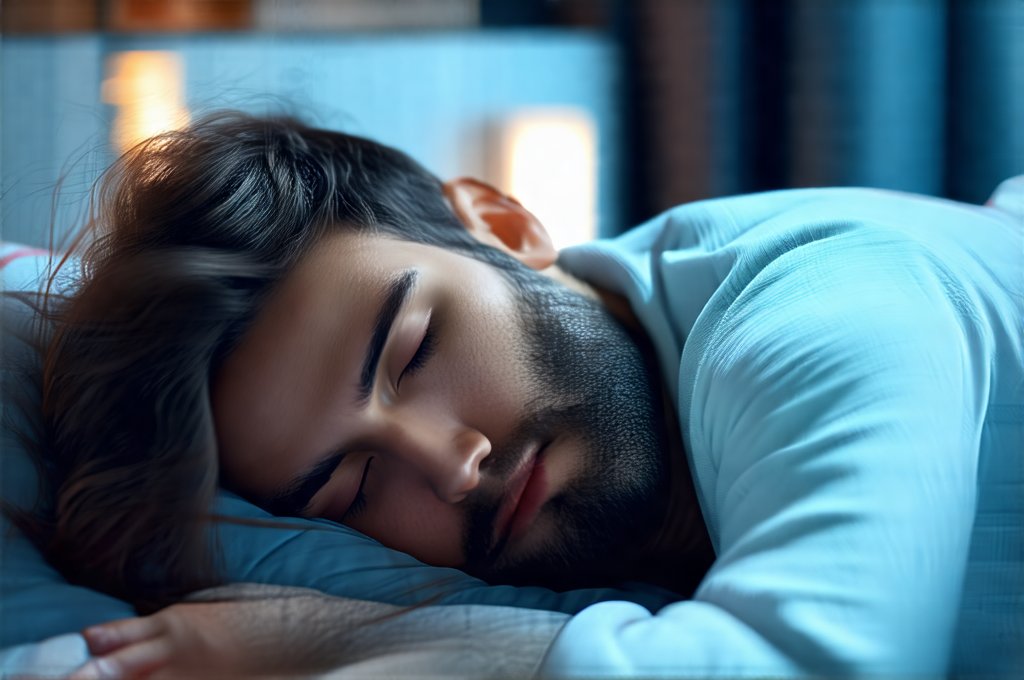Sleep is often sacrificed in our busy modern lives, viewed as a dispensable luxury rather than a fundamental necessity. We boast about how little sleep we get, equating it with productivity and dedication. However, this mindset drastically underestimates the profound impact sleep has on every aspect of our health – including, surprisingly, bladder function. Beyond simply feeling rested, sleep is when our bodies actively repair themselves, regulate crucial systems, and consolidate memories. For individuals struggling with bladder issues like overactive bladder (OAB), interstitial cystitis (IC), or even frequent urinary tract infections (UTIs), the connection between restful sleep and symptom management is becoming increasingly recognized as a key component of holistic care. Understanding what is silent UTI can also help with preventative measures.
The intricate relationship between sleep and bladder health stems from the complex interplay of neurological, hormonal, and immune factors. During sleep, our nervous system shifts into a restorative mode, reducing overall arousal and allowing for repair processes to take place. Hormonal fluctuations, particularly reductions in cortisol (the stress hormone) and increases in melatonin (the sleep hormone), also contribute to this restoration. A lack of sufficient, quality sleep disrupts these vital processes, leading to increased inflammation, heightened sensitivity, and a compromised immune system – all of which can exacerbate bladder symptoms and trigger painful flare-ups. This creates a vicious cycle: poor sleep leads to worse bladder symptoms, and bladder symptoms disrupt sleep, further perpetuating the problem. Considering a digital detox may also help improve sleep quality.
The Neurological Link: How Sleep Impacts Bladder Control
The brain plays a central role in regulating bladder function. Signals travel between the brain, spinal cord, and bladder itself to control urination. Specifically, the pontine micturition center in the brainstem is responsible for initiating the urge to urinate and coordinating the complex series of events involved in voiding. Sleep, particularly during REM sleep, involves significant changes in neurological activity. This includes a decrease in sympathetic nervous system activity (which generally inhibits bladder contractions) and an increase in parasympathetic nervous system activity (which promotes bladder emptying). Disrupted sleep disrupts this delicate balance, potentially leading to involuntary bladder contractions and increased urgency.
Furthermore, chronic sleep deprivation can alter the brain’s pain processing centers, making individuals more sensitive to pain signals – including those originating from a distressed bladder. This heightened sensitivity explains why even minor bladder irritation can feel excruciating during flare-ups after a period of poor sleep. Essentially, insufficient sleep lowers the threshold for perceiving bladder discomfort, turning what might be a manageable sensation into an overwhelming and debilitating experience. Sleep also impacts cognitive function; fatigue makes it harder to manage urgency effectively and can contribute to “accident” scenarios where someone doesn’t reach the bathroom in time.
The Role of Cortisol & Melatonin
Cortisol, often dubbed the “stress hormone,” is naturally elevated during waking hours to help us cope with daily demands. However, cortisol levels should decline significantly during sleep to allow for restorative processes to occur. Chronic stress and insufficient sleep disrupt this natural rhythm, leading to chronically elevated cortisol levels. High cortisol can irritate the bladder lining, increasing inflammation and exacerbating symptoms of conditions like IC. Conversely, melatonin, a hormone primarily produced during darkness, has demonstrated anti-inflammatory properties and may help calm an overactive bladder.
Melatonin’s impact extends beyond direct effects on the bladder; it also promotes relaxation and improves sleep quality, indirectly benefiting bladder function. Studies suggest that melatonin supplementation (under medical guidance) might offer some relief for individuals with OAB or IC, but more research is needed to fully understand its potential benefits. The key takeaway is that restoring a healthy cortisol-melatonin balance through prioritizing sleep can significantly contribute to improved bladder health and reduced symptom severity.
Sleep Apnea & Bladder Dysfunction
Sleep apnea, a condition characterized by pauses in breathing during sleep, is often overlooked as a contributing factor to bladder problems. These interruptions in breathing cause repeated awakenings throughout the night, disrupting sleep architecture and leading to chronic oxygen deprivation. This creates a cascade of physiological consequences that directly impact bladder function. The intermittent hypoxia (low oxygen levels) associated with sleep apnea increases inflammation throughout the body, including the bladder.
Additionally, the frequent arousal from sleep activates the sympathetic nervous system, increasing stress hormones and promoting bladder irritability. Studies have shown a strong correlation between sleep apnea and OAB, suggesting that addressing sleep apnea can significantly improve bladder control and reduce urinary frequency. If you suspect you might have sleep apnea (snoring loudly, feeling tired despite getting enough sleep, waking up gasping for air), it’s crucial to get evaluated by a healthcare professional. Understanding why holding urine is harmful can also help manage bladder health.
Strategies for Better Sleep & Bladder Health
Improving sleep hygiene is paramount for anyone struggling with bladder issues. This involves establishing a regular sleep schedule – going to bed and waking up around the same time each day, even on weekends – to regulate your body’s natural circadian rhythm. Creating a relaxing bedtime routine can also signal to your brain that it’s time to wind down. This might include taking a warm bath, reading a book (avoiding screens), or listening to calming music. Optimizing your sleep environment is equally important: ensure your bedroom is dark, quiet, and cool. Best bladder positions can also improve comfort during the night.
Beyond these general guidelines, specific strategies can help minimize bladder-related sleep disruptions. Limiting fluid intake in the hours before bed can reduce nighttime trips to the bathroom. Avoiding caffeine and alcohol, both of which are diuretics (increase urine production), is also crucial. Pelvic floor muscle exercises (Kegels) can strengthen the muscles that support the bladder, improving control and reducing urgency. Finally, if you experience significant pain or discomfort, managing your underlying bladder condition with appropriate medical treatment – including medication, physical therapy, or other interventions recommended by your doctor – is essential for achieving restful sleep. Remember to consult a healthcare professional before starting any new supplement regimen or making significant changes to your diet or lifestyle. Using a bladder diary can also help track patterns and identify triggers.





















